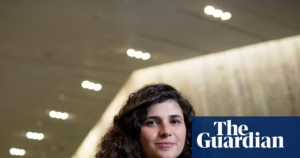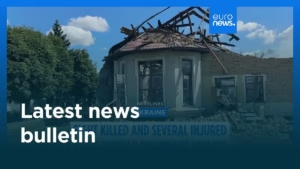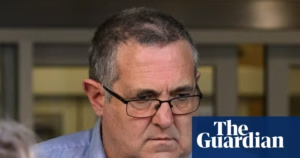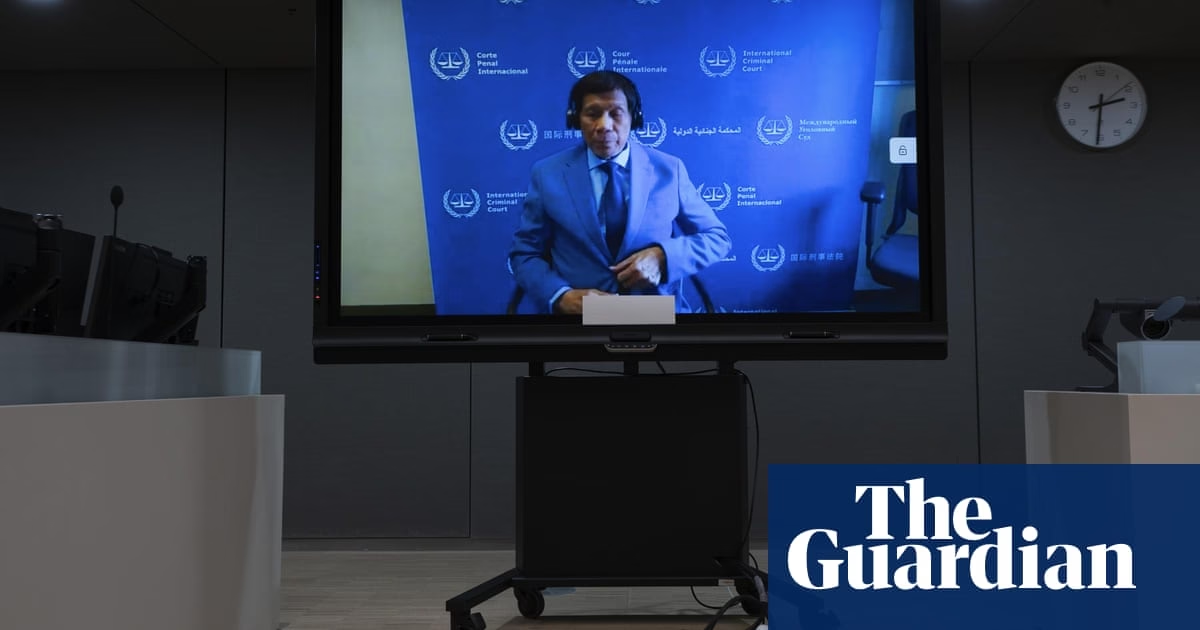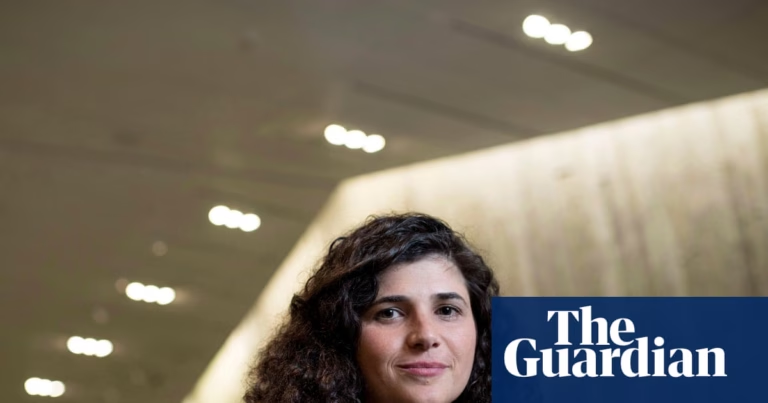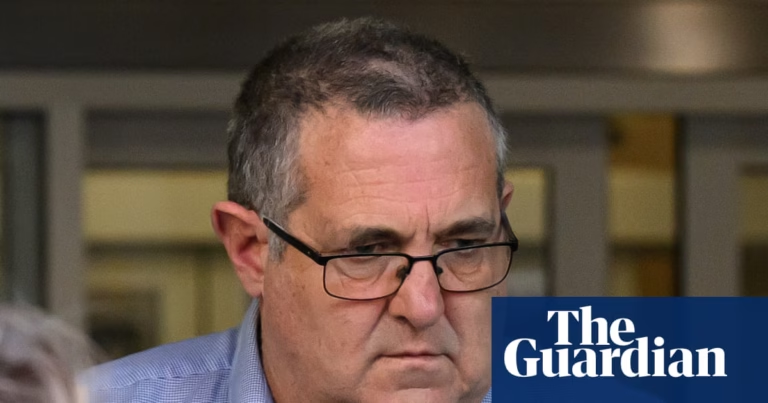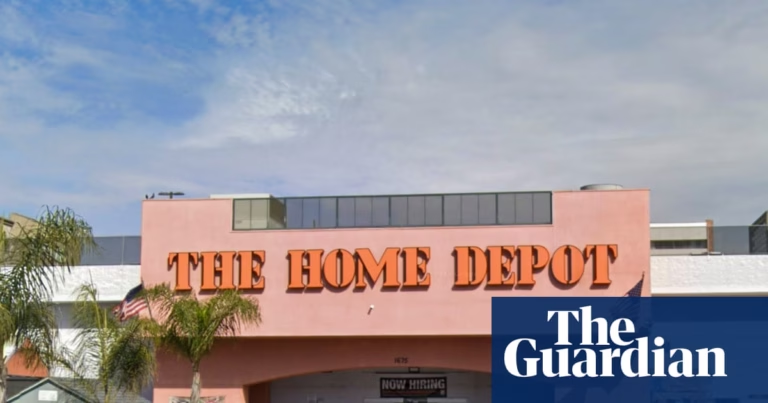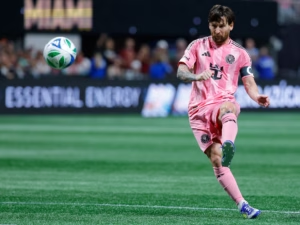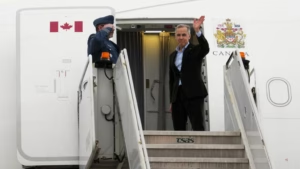Good morning.
Last Tuesday, chaos erupted at Manila’s main airport as authorities arrested the Philippines’ 79-year-old former president Rodrigo Duterte, who had arrived from Hong Kong. An arrest warrant issued in secret by the International Criminal Court (ICC) accused him of crimes against humanity for his alleged involvement in killings during his brutal “war on drugs”. During a tense 12-hour standoff, Duterte told officers: “You have to kill me to bring me to The Hague.” But by the end of it, he was on a plane bound for the Netherlands. Seemingly on board that flight, Duterte filmed a video where he said he would accept responsibility for the “war on drugs … Whatever happened in the past, I will be the front of our law enforcement and the military. I said this already, that I will protect you, and I will be responsible for everything,” he said. His family has claimed he was “kidnapped”.
On Friday, a judge set 23 September as the date of a pre-trial hearing to establish whether or not the prosecution’s evidence is strong enough to send the case to trial. If a trial does go ahead, which could take years to complete, and he is eventually convicted, Duterte faces a maximum sentence of life imprisonment.
Only a few years ago, bringing Duterte to justice seemed a distant prospect. I spoke with the Guardian’s investigations correspondent Harry Davies about how Duterte ended up on that plane, what this arrest means for the ICC, and what happens next. That’s right after the headlines.
Five big stories
Benefits | Keir Starmer is to defy growing anger by driving through welfare cuts for some of the UK’s most severely disabled people, with an overhaul that could see more than 600,000 benefit claimants lose out on an average of £675 a month.
Ukraine | Donald Trump has said he plans to discuss ending the war in Ukraine with Vladimir Putin on Tuesday and that negotiators have already discussed “dividing up certain assets”. “We will be talking about land. We will be talking about power plants,” Trump said, when asked about concessions.
Space | A pair of US astronauts stuck for more than nine months on the International Space Station will be returned to Earth on Tuesday evening, Nasa has said. Barry “Butch” Wilmore and Suni Williams are to be transported home with another American astronaut and a Russian cosmonaut after a SpaceX Crew Dragon craft arrived at the ISS early on Sunday.
Business | Buy-to-let has become the largest single type of business in the UK – nearly four times as prevalent as fast food takeaways or hairdressers.
Healthcare | The health secretary, Wes Streeting, has said he believes there is an “overdiagnosis” of some mental health conditions as well as “too many people being written off” – factors he said were key to the government’s welfare measures.
In depth: ‘This helps make the court and its mission feel less theoretical’
Duterte rose to popularity with his dramatic and violent pledges to stamp out drug use and crime. During a campaign speech in 2016, he told a crowd: “All of you who are into drugs, you sons of bitches, I will really kill you … I have no patience, I have no middle ground.”
The ICC estimates that tens of thousands of people were killed in connection with Duterte’s anti-drugs campaign. The primary victims of his violent policy were poor men living in urban areas, while innocent bystanders were dismissed as “collateral damage”. There was no mistaking his goals and the means through which he was willing to get there. A few months after taking office in 2016, Duterte likened himself to Hitler, using the Holocaust as an analogy for his crackdown, declaring that he would be happy to slaughter millions of drug addicts.
Despite the numerous allegations against him, the ICC’s case remains relatively narrow. It holds Duterte criminally responsible for the murders of at least 43 people between 2011 and 2019 linked to his war on drugs.
Duterte’s legacy
Before becoming president, Duterte served as deputy mayor and then mayor of Davao, a city island, across about 20 years. It was in Davao during the 1980s that the earliest version of Duterte’s war on drugs took shape: “Dead bodies regularly turned up on the streets.” Last year, Duterte admitted that he had a “death squad” to crack down on crime during his time as mayor.
His promise to replicate Davao’s brutal anti-drug crackdown on a national scale propelled him to the presidency in 2016. Yet, despite his bold claims, at the time of his election, Davao still had the highest murder rate in the country and the second-highest number of rapes, according to national police data.
Over the six years after his election, up to 30,000 people are estimated to have been killed, including innocent bystanders, in what Human Rights Watch described as a “campaign of extrajudicial execution in impoverished areas of Manila and other urban centres”. Officers were granted immunity from prosecution for deaths occurring in their custody, and victims’ bodies were often discarded in rivers, grasslands, and rubbish dumps.
Why now?
Despite widespread condemnation of Duterte’s violent authoritarian crackdowns, his arrest was triggered by internal political squabbles. The former president had expected protection from his successor, Ferdinand Marcos Jr, who initially pledged to shield him from international scrutiny. Marcos, the son of former dictator Ferdinand E Marcos, won the presidency in a landslide with Duterte’s daughter, Sara Duterte, as his vice-president.
Their fragile alliance, widely seen as a marriage of convenience, collapsed in spectacular fashion. Sara Duterte declared she wanted to “cut off his head” last year and even threatened to exhume his father’s body and throw it into the ocean. In February, allies of Marcos impeached her. The two political dynasties have since been at war in the lead-up to the country’s midterm elections. As their feud escalated, Marcos’s once defiant stance on the ICC – insisting it had no jurisdiction – began to shift. Eventually, he stated that the Philippines would cooperate with any arrest warrant issued through Interpol.
Pressures facing the ICC
While the recent developments may appear swift, the case against Duterte has been meticulously constructed over seven years. In 2018, the ICC initiated a preliminary inquiry into allegations of crimes against humanity committed by Duterte. This escalated to a full criminal investigation in 2021. In response, Duterte withdrew the Philippines from the ICC.
His arrest holds symbolic significance for the embattled court because it “has been able to demonstrate that it can continue its work and fulfil its mandate while it is under significant pressure from various directions”. Trump has imposed aggressive economic sanctions on the ICC and travel bans on its staff, and chief prosecutor Karim Khan is facing an investigation into allegations of sexual misconduct, which he denies.
